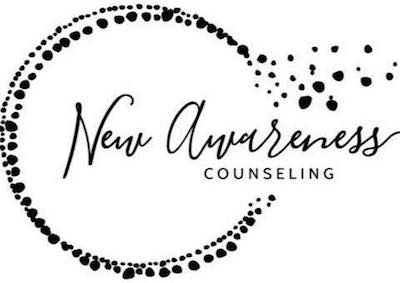Trust Factor #6: Non-Judgment
Non-judgment is so important in creating meaningful and deep relationships. It is creating the sense that you can ask for your needs, someone else can ask for their needs and we can talk about it without judgment. I talk to couples about this all of the time. It’s not about necessarily agreeing but creating an understanding of why something is important to someone.
I’m sure you have had a conversation around religion, politics or some other heated topic with someone who held a different belief. These can go in totally different directions depending on the level of respect given by the other person. If you can come into the conversation with a sense of curiosity and be able to convey understanding of where that belief came from it can be a really deep conversation that actually creates more trust and respect. On the other hand if you start to have that conversation and someone immediately makes an assumption about you or your position, we quickly become defensive.
John Gottman, the leading couples researcher, says that the first minute or two of a conversation almost always sets the tone for how the conversation will go. He calls this either “soft start-up” or “harsh start-up.” Watching your tone and making sure you aren’t coming across as critical are crucial in having difficult conversations.
In more recent years I have seen plenty of judgment on social media around politics or social reform. A hot topic right now is gun control/reform. We need to be able to have these difficult conversations in a civil way so we can figure out how to make important changes in society. One thing I urge you to stay away from is categorizing someone in a black and white manner; assuming someone is either pro-gun rights or wants to “take our guns away.” Or making up character judgments about the person based off of their stance – “they don’t care about mass murders, they just care about keeping their guns.”
Brené Brown talks about this in her newest book, “Braving the Wilderness,” and calls standing up against this mentality as “speaking truth to bullshit.” She said it is okay to have a conversation around a topic if you are being respectful and presenting actual facts. Brené says that if you “feel” something to be true or come at her in an attacking way she is not interested in what you have to say.
Let’s bring a higher quality of conversation to the issues we are facing both personally and as a country. We can do better and most of us want the same things at the end of the day. No one I know wants to continue having mass shootings or lousy healthcare coverage. Everyone wants to feel heard, respected and understood. Again, we don’t have to agree, but we do need to convey caring.
Best,
Ashley Mauldin
This post is inspired by the work of Brené Brown who has dedicated a portion of her research to finding out what creates and maintains deep levels of trust.

